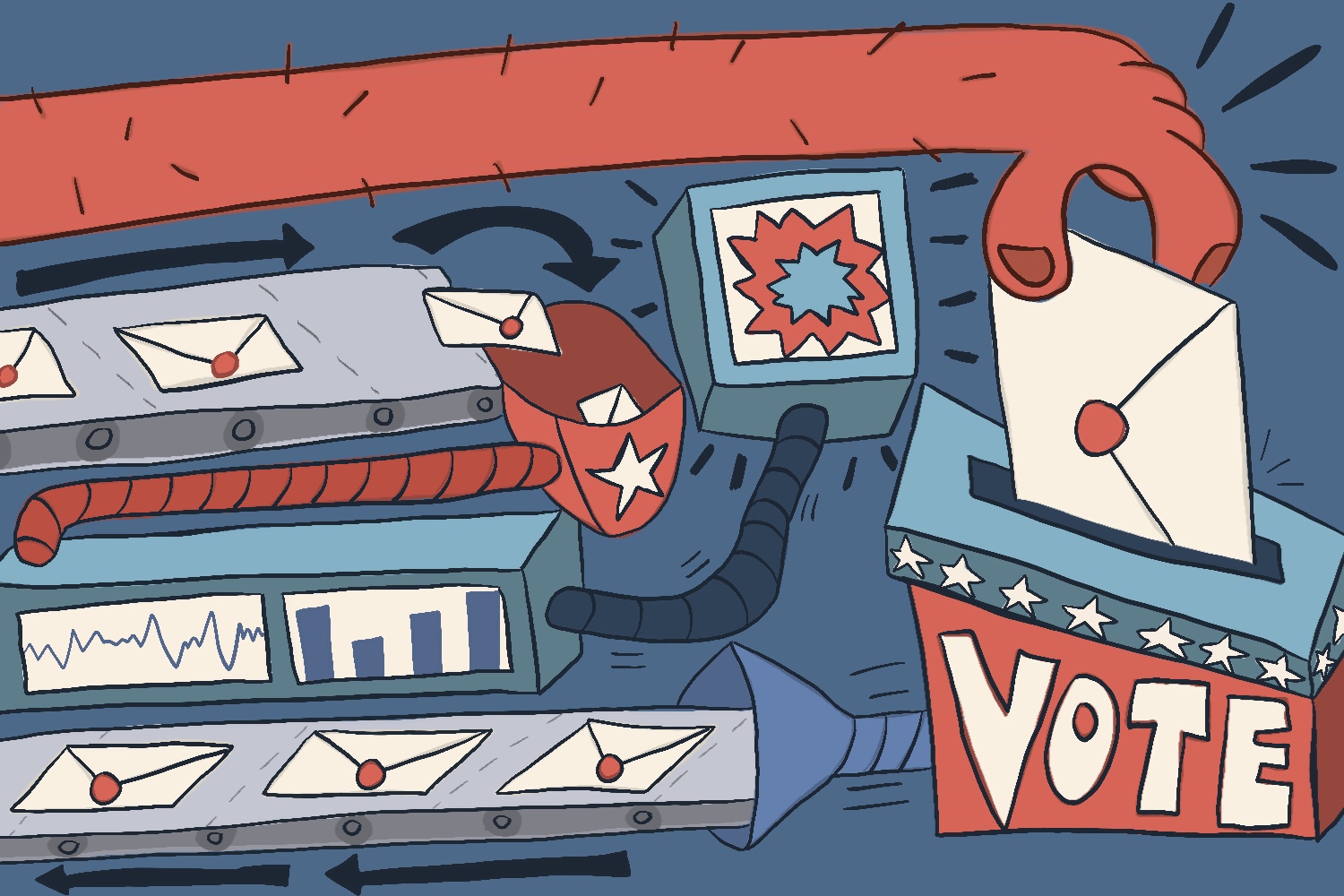The infamous BitTorrent Web site OiNK was shut down Tuesday, Oct. 23. The Interpol-led raid came after a joint British and Dutch investigation, leading to the arrest of its (as of yet still unnamed) 24-year-old British operator. During the site’s three and a half-year run, the invitation-only private site was responsible for permitting its 180,000 members access to full albums from the largest (illegal) music library on the Internet. With heavy hearts this most unfortunate news found us, and we feel it is important to address the implications of this invaluable site’s shutdown. With the advent of the Internet, music distribution has changed dramatically. Now that music has, in large part, become data without a tangible accompaniment, it can be easily shared from person to person. Since the Napster case in 2001, the legality of file sharing has been a hot topic of talk in law courts and for fans of every medium capable of data-relegation. The experience of recording music and distribution, beginning in the early 20th century, is a relatively recent phenomenon. It is a young art form, and simply because a complex system and industry have been created to generate profit for artists and distributors does not mean that the system is not subject to change. The music industry has met perpetual loss in the 2000s, and consequently become a wounded animal, striking the hands of the consumers that feed it, instead of reevaluating itself and adapting to the shifting landscape. This industry has obviously reached a crossroads. The old system has been deemed inferior and a new system is taking its place. Media have stressed the dubious claim that OiNK’s focus was on leaking pre-released albums and that this was a “lucrative business” venture for its owner and operator. Both are untrue. OiNK did not advertise: it maintained its sizable bandwidth through private donations. And though upwards of 60 records had been leaked on OiNK this year, it is a trifling point as hundreds of sites like it exist and will continue to leak records before they are released, and as true music fans will still buy the record if we wish to support the artist. The days of forking over obscene amounts of money for recorded music are over. Artists and the industry must adapt, and the way to do this is not by incarcerating music fans. Those lucky enough to belong to the OiNK community had access to music that one could find nowhere else. It was a vast library where one could obtain even the most obscure, out-of-print 12″ single by German producers whose names we can hardly pronounce. And much of the music could be found at higher quality than the for-profit iTunes music store, for example. Why should music fans feel compelled to purchase something which is at a lower quality than what they can get for free? OiNK’s owner was a hero of music fans and audiophiles, not a criminal trying to deny artists deserved revenue. Rather than fight change, artists should provide incentives for fans to continue purchasing their music, perhaps through a greater focus on packaging. And they could sell T-shirts and tour and perform more frequently. BitTorrent sites are here to stay. Though OiNK has been shut down, there are hundreds of other sites to take her place. This is certain; the music industry must adapt or die.












